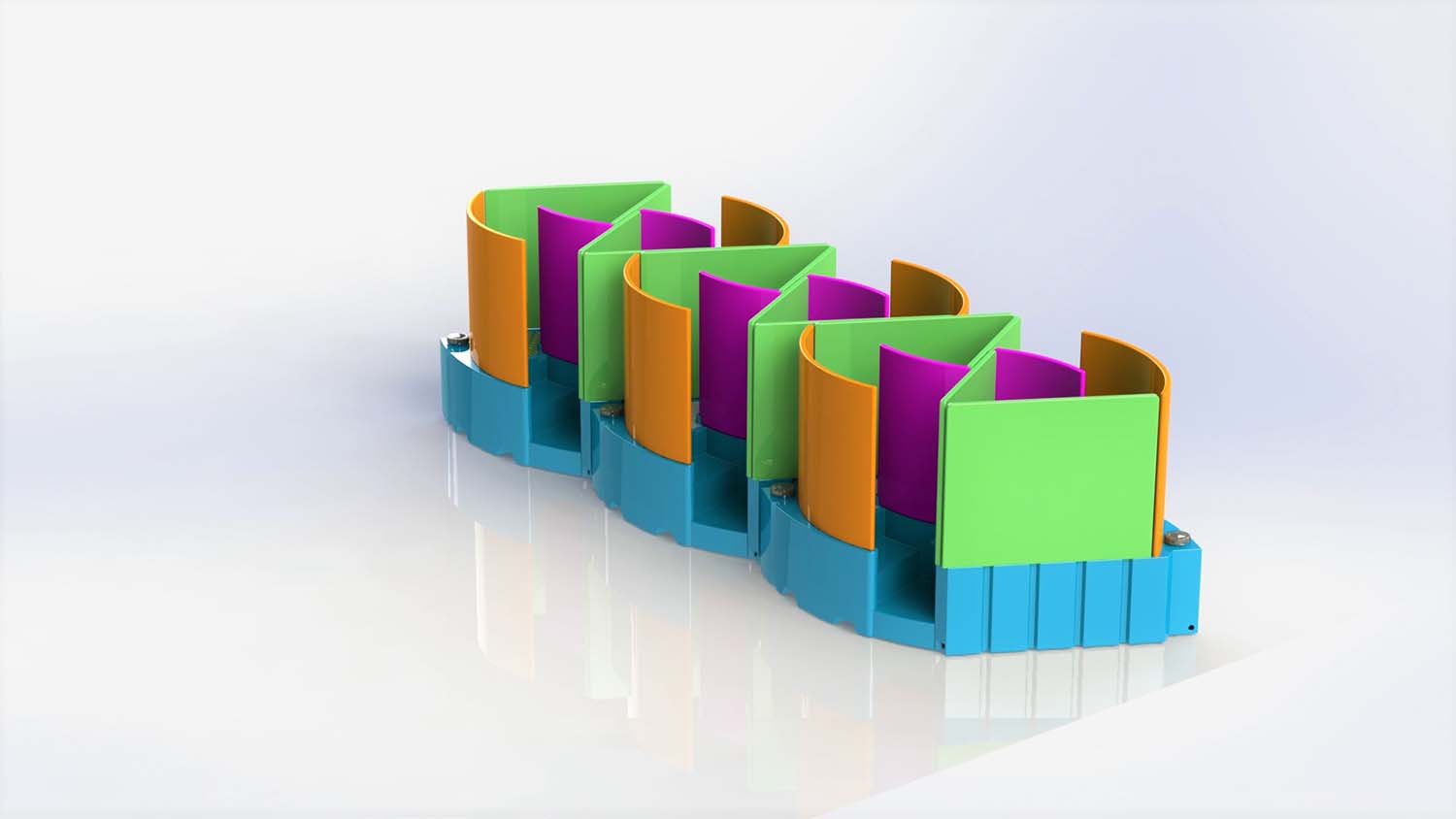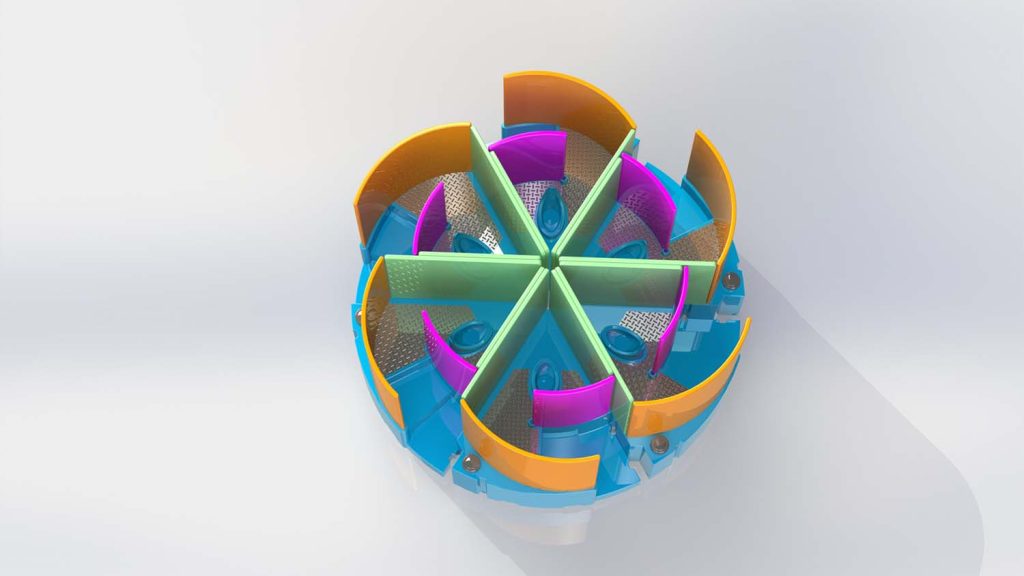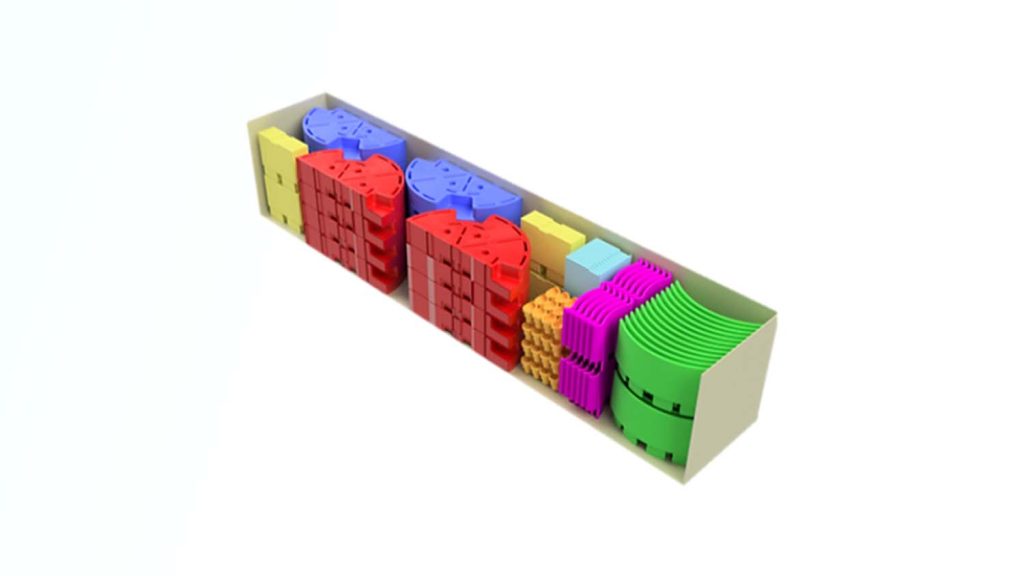Two graduates at the University of Bristol have designed portable urinals to make peeing at outdoor events more inclusive, sustainable and hygienic, as Claudia Schergna reports
Ask a woman what she doesn’t like about going to music festivals and you can be sure she will mention the toilet experience. While men can generally jump out of the crowd even while their favourite artist is playing to dart back-and-forth to the urinals, women are forced to choose between missing out on the next half-a-dozen songs waiting in a queue or trying to find a hidden bush, putting themselves in a vulnerable position.
“I was sick and tired of choosing between going to the loo or getting food during my breaks,” says Hazel McShane, co-founder of Peequal, the start-up behind a female urinal that aims at giving women equal access to toilets during festivals and outdoor events.
“Everywhere you go, cinema, shopping mall, women are always waiting in line,” she says. “I thought, surely there’s a better way? Why has there been no innovation in the sector? Why are women still waiting in line?”
McShane started the project with her fellow student Amber Probyn during their Masters’ degree at the University of Bristol.
“I studied physics with innovation and Amber anthropology with innovation. For our Master’s project we were tasked with solving a real-world problem, and I knew straight away what I wanted to do,” says McShane.
The pair has conducted research and surveys in different situations, from music events to pubs, from sports events to house parties, and found that women queue 34 times longer than men because there are on average 10 male urinals for every women’s public toilet.
With the information collected through this first-hand research, they started working on prototypes, first using cardboard, then 3D printing them.
“It’s something we actually built ourselves, we built the walls and created the structure. My mother sewed for about three weeks straight for all of the walls!” says McShane.
Then the design was tested and adjusted using Solidworks which, as McShane says, provided them with a great tool as it offers a free version for start-ups and new businesses to get them started.
The reason why festival organisers should just invest in Peequal goes beyond giving equal access to all gender, as this new female urinal also has significant hygienic and environmental benefits: “They are completely touch-free and open-air, meaning it’s ideal for the post COVID world,” says McShane.
“Peequal are made using plastic waste from the sea, we use old fishermen’s nets and repurpose it into the urinals,” she goes on. The biggest environmental benefit, however, is the reduction of transportation.
To give an idea of the scale, the founders have calculated that if the organisers of Reading Festival, with an attendance of around 100,000 people, were to substitute traditional portable toilets with Peequal female urinal, they could having to use up to 70 lorries – or 140 trips.

Peequal was designed to be a sustainable product even in terms of materials as it’s made of polyethene, obtained from plastic waste from the sea, which means no virgin plastic is produced for it. At the end of its lifespan – roughly 8 years – it’s fully recyclable.
Founders of Peequal are even working towards creating energy out of pee: “We are working with Pee Power who is an incredible company. They work on microbial fuel cells that eat up the urine and directly convert that to electricity,” says McShane.
“Women’s urine is more energy-rich than men’s, she goes on. Pee Power only trialled their technology with male urine. As they are the first company to create female urinals, working with Peequal will give them the unique occasion to test it on female urine.
To implement this technology, however, the waste stream must be pee only which means no poo and no periods. Toilet paper is provided but needs to be thrown in a different bin. This has generated some criticisms over social media, as someone has claimed that the reason why female toilets get busy and the queue is slower is because women have needs other than pee.
“We see it as an additional loo,” says McShane addressing this criticism. “This means that if you do need to use the toilet for your period, for example, fewer people will be in that queue.”
Another negative review on social media was about the fact that to use Peequal people need to sit in a squat position to use a female urinal, making it less accessible to physically disabled and older people.
To this point, McShane has a simple answer: “We don’t see ourselves as revolutionising the whole toilet concept, we just want to get the women that just want to pee the can out of the queue so that those that really need a cubicle can use it. Like how men can choose between facilities. We’d like women to be able to do that too.”
McShane and Probyn are taking feedback into great account: “We’ve adapted our design since last summer,” says McShane. “Now, to make it easier, you can squat at many different heights. If you can’t bend down, we have put that bar in place.”
Peequal can be used at different heights thanks to a technology that prevents the pee from splashing using complex curves to minimise the ‘angle of attack’ of the urine. “Obviously if that is perpendicular the energy conversion is straight back to you. If you can minimise the angle with curves, it means the pee slides down into the bowl.”
The choice not to put any doors has also generated some contrasting views from testers. This decision was taken to reduce the time people are in the toilet and the things they touch. Users are still covered from the waist down, thanks to overlapping layers, which makes the experience obviously less private than a traditional toilet but still safer than hiding in a low-lit spot and more practical than spending hours standing cross-legged in a queue.
The Peequal team have managed to raise £250,000 from investors that include the British Design Fund, co-founder of Monzo Tom Blomfield and former Gü COO Sarah Jones, allowing them to start manufacturing the urinals which will be available to rent from June.








